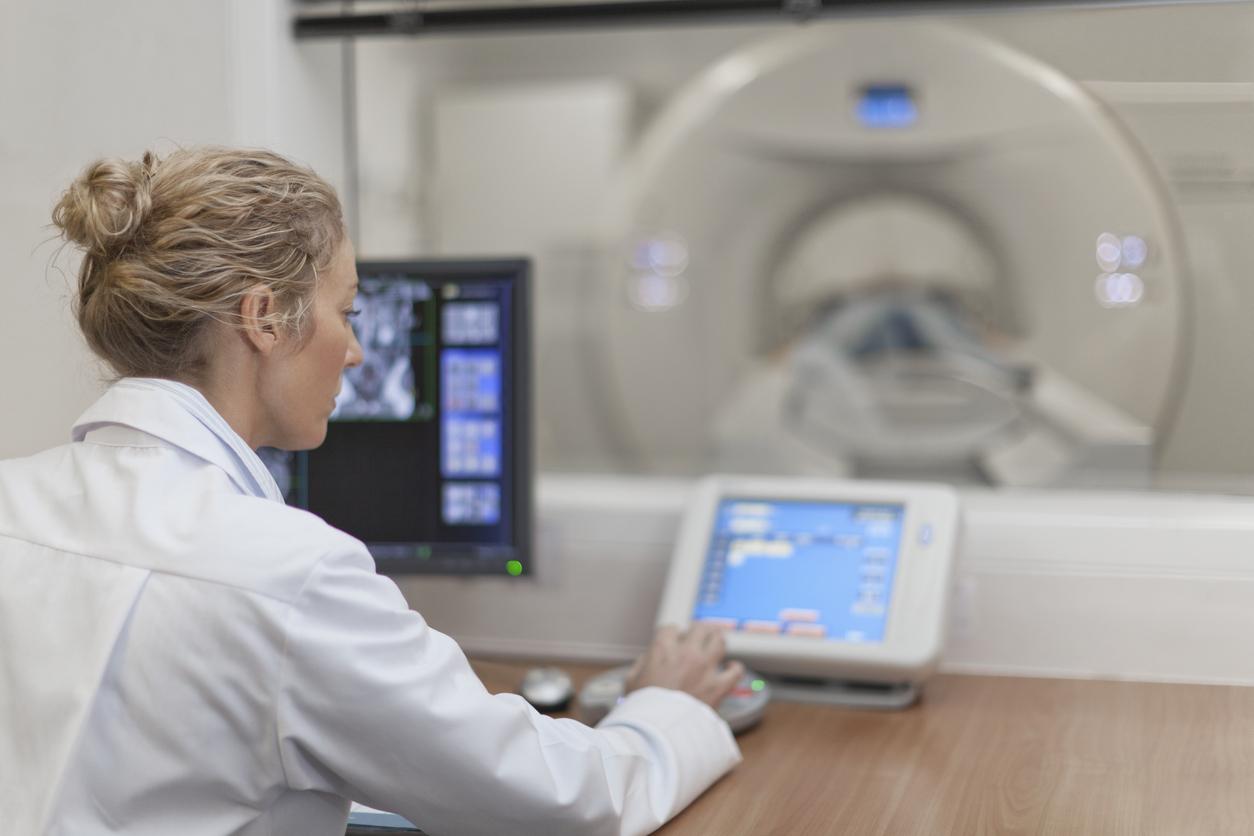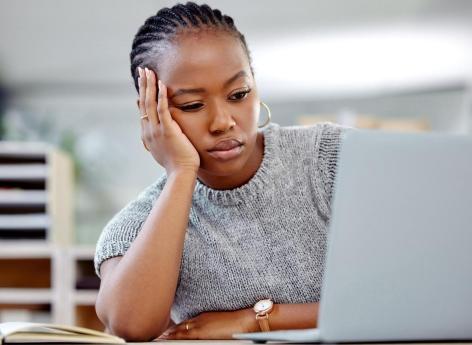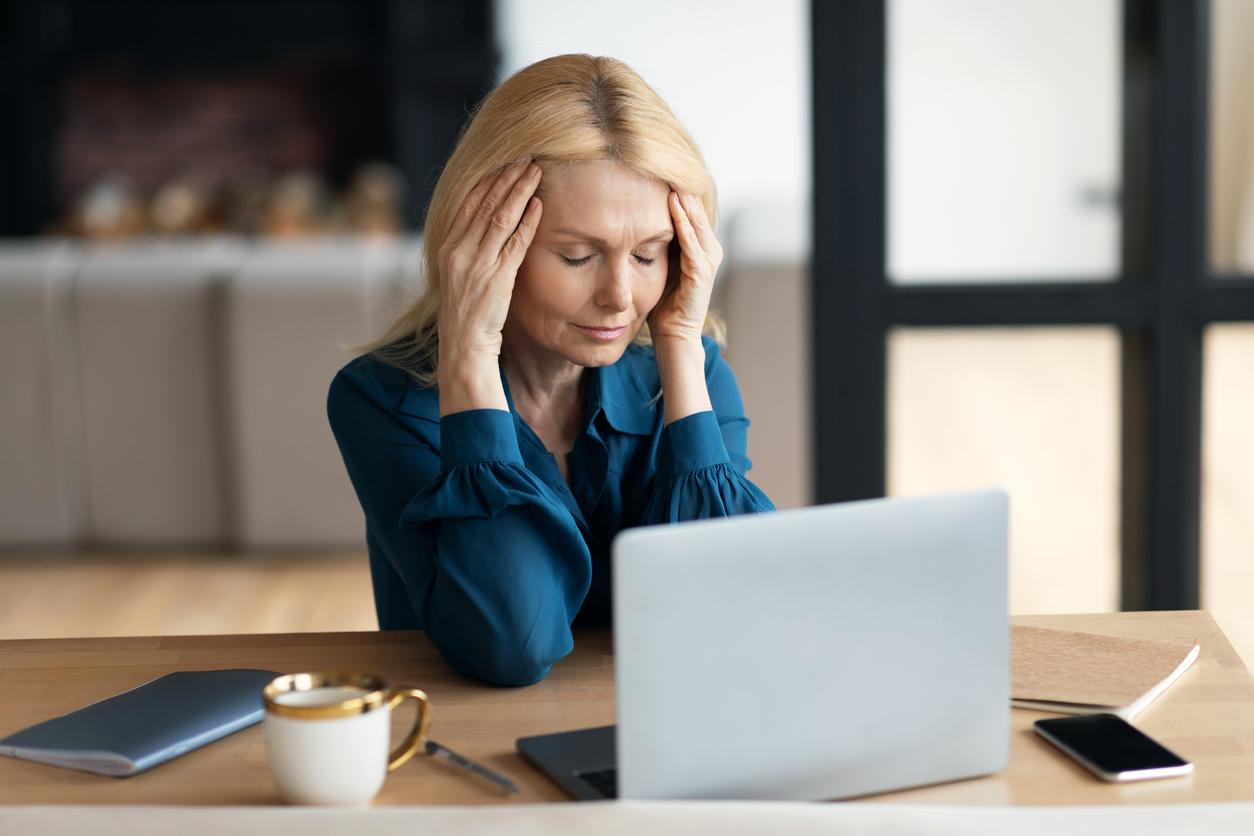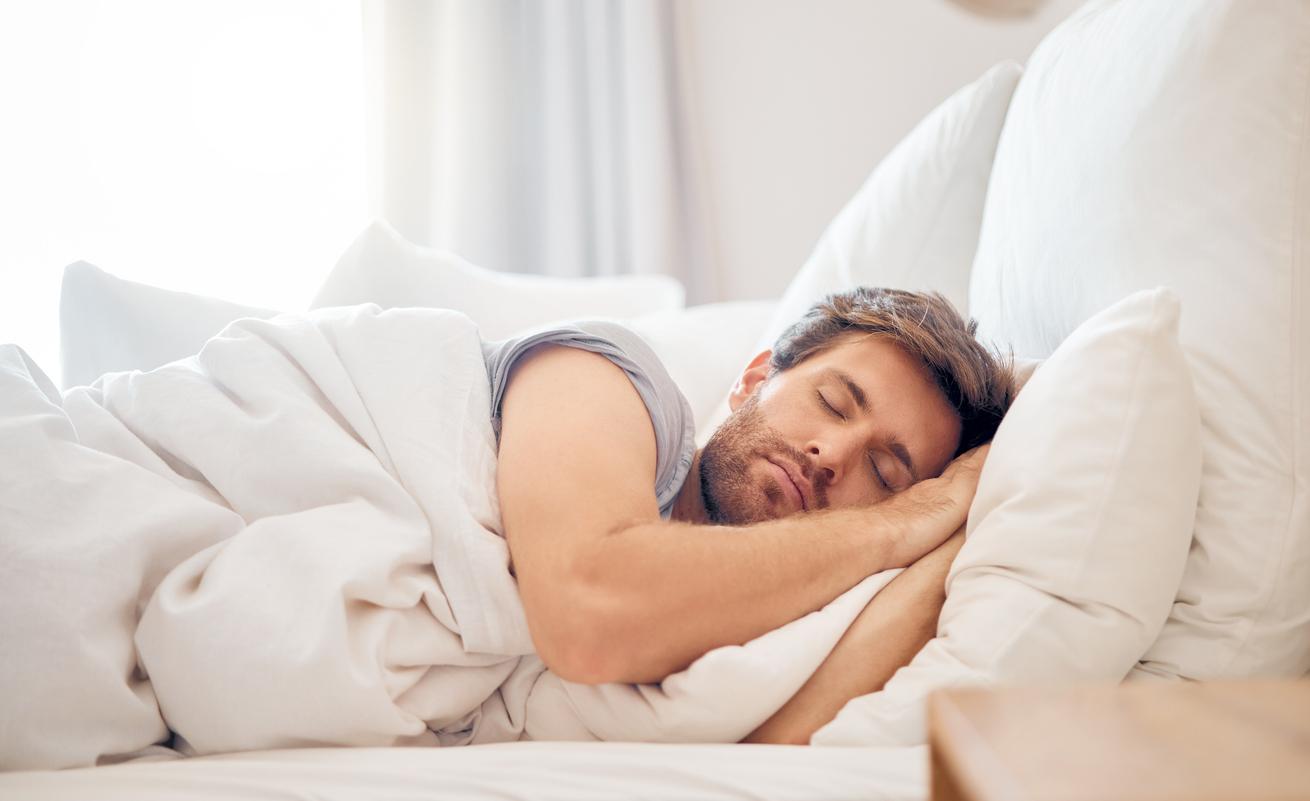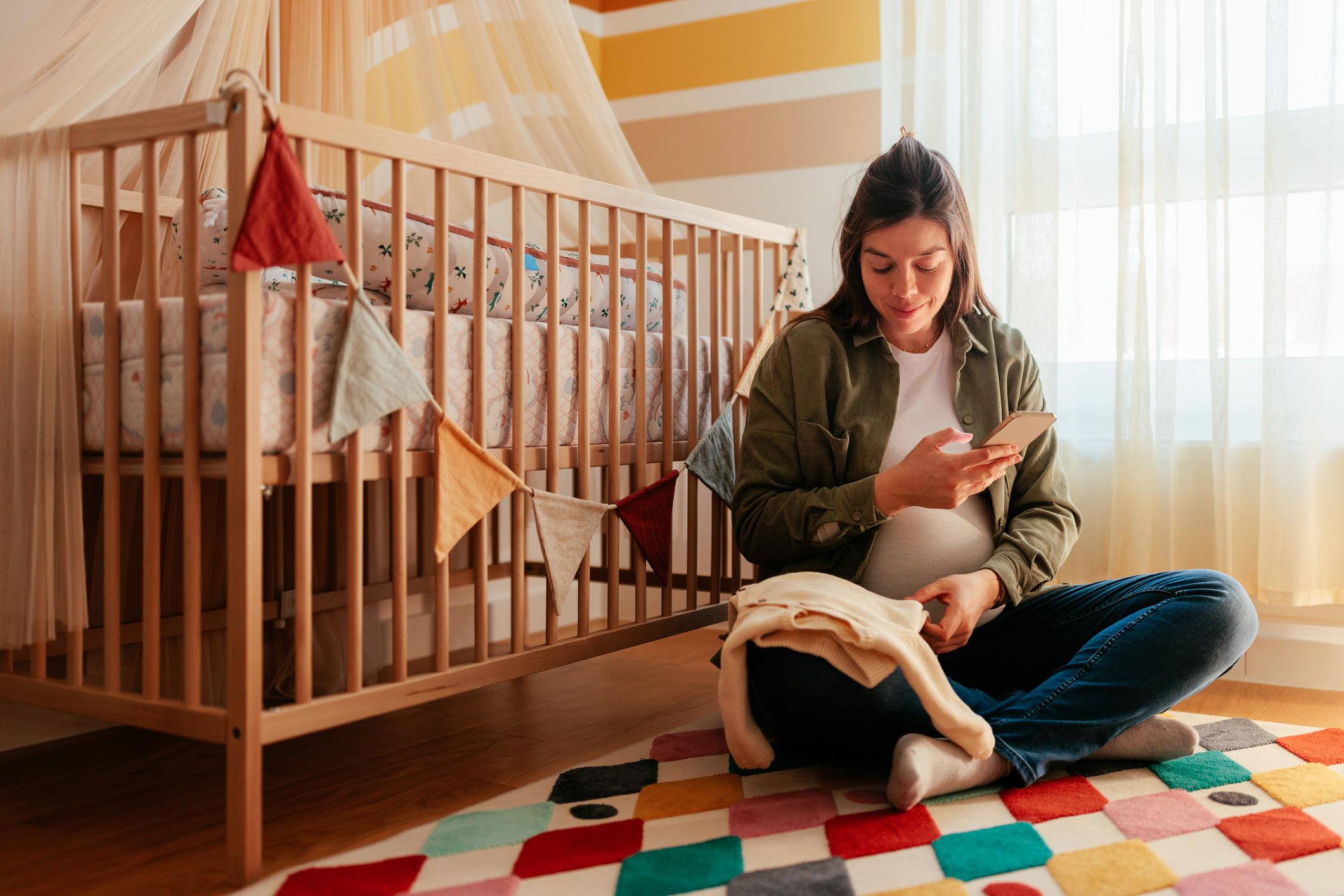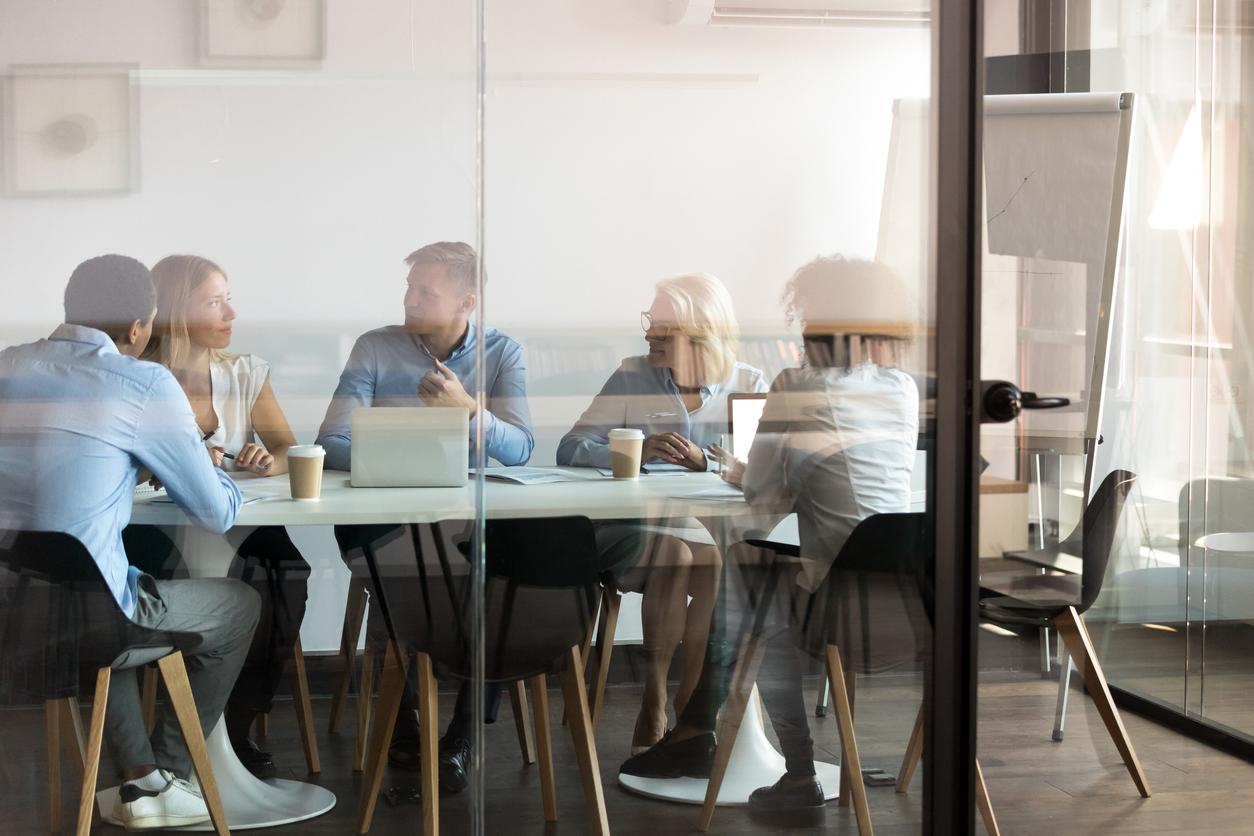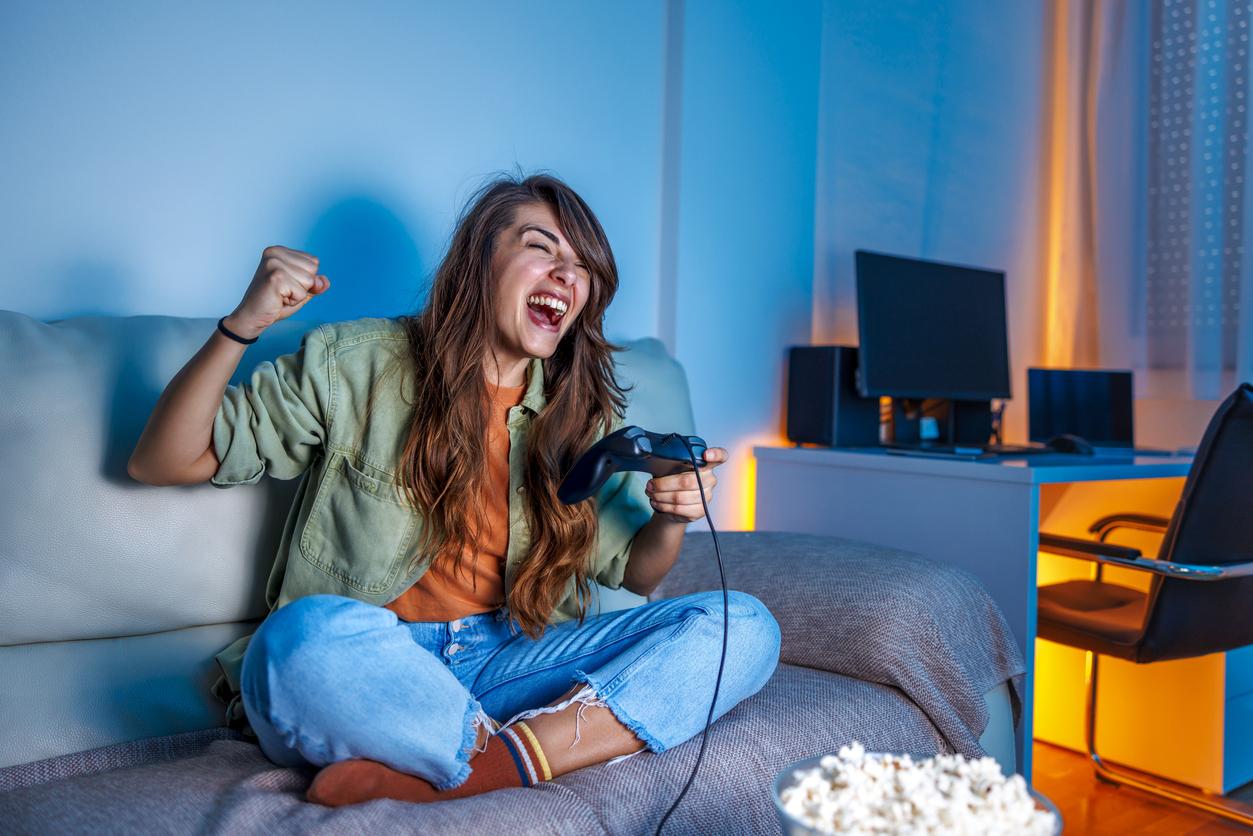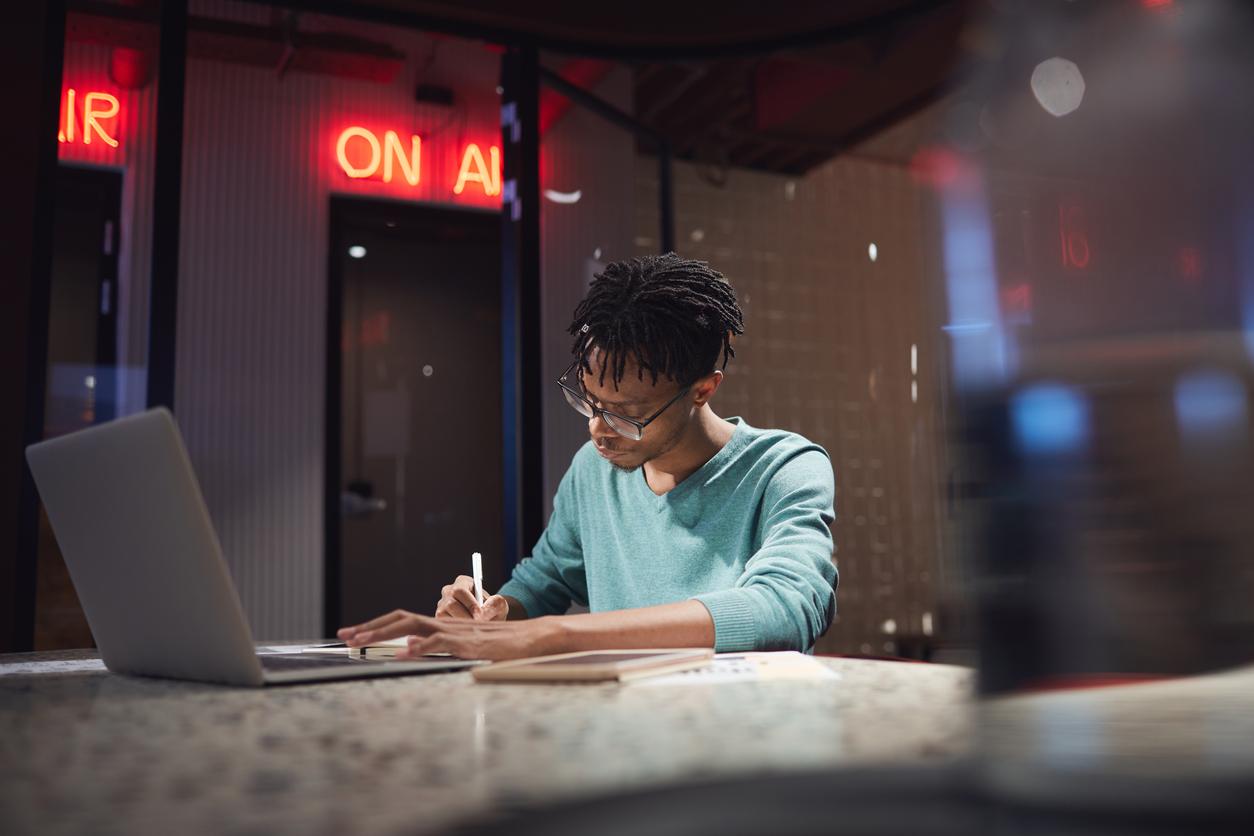
The government wants to use apps against the spread of corona. But how does that actually work? What about privacy – can less well-intentioned types also start following you? Will we soon have a society like in China, where the government really knows everything about you?
The Dutch government has already said that the apps that are used must comply with privacy legislation. Your personal data may therefore not be shared with others: you must remain anonymous. In addition, the European Commission is working on guidelines that apps must comply with in the fight against corona. These European directives also focus on the privacy of citizens.
Tracking app must prevent spread
The government wants to use Bluetooth for the tracking app (an app that knows where you are). Bluetooth is the technology with which you wirelessly connect your mobile phone to, for example, the media system in your car or the speakers at home. Phones continuously transmit a unique number via bluetooth. If you meet someone, the telephones will also see each other. At that moment, bluetooth exchanges the unique numbers and stores them – encrypted and only on your own phone.
Control in tracking app
Suppose the acquaintance you encountered later turns out to have corona. He must then indicate this himself in the app. After that, a medical check-up must take place: does he really have corona? If there is no such check, the first joker can also indicate that he has corona – with all the consequences that entails. After confirmation of corona, the app receives a signal: the message is correct. The app then sends a message to all phones that it has recently seen via bluetooth: “You have been in contact with an infected person”. This message does not contain any details of the infected person and you will not find out with which other persons the infected person has been in contact. You will also not receive any information about where and when you met the infected person. So no Chinese conditions for the time being…
Risks of the tracking app
In Singapore, the Trace-Together app is used, an app based on Bluetooth technology. There, the instrument is not (yet) effective enough against the spread of the virus. This has several causes:
- Bluetooth is not watertight and also registers contact moments that are not contact moments. Bluetooth also picks up the numbers of your neighbors through the wall. And through the window of passers-by. So no contact moments, but a possible warning. And because the app does not report where and when you have been in contact with an infected person, you do not know whether the warning is justified or not. More fear can then be the result.
- Bluetooth should always be turned on and not everyone does. Moreover, the iPhone appears to be a different story. In Singapore, it was discovered that the iPhone puts the corona app to sleep as soon as the user opens another app. Apple does this for user privacy. But for an app like Trace-Together it is less convenient.
- In Singapore, one in six residents has downloaded the app: too little to be effective. Only when at least 60 percent of the population uses such an app will it become an effective tool, British researchers have already established. This will only work if the citizen is convinced that the app is actually safe and does not share privacy-sensitive information. The Dutch government can of course also choose to make a tracking app mandatory, but it is highly questionable whether the citizen agrees. The privacy watchdogs are already warning the government to keep a close eye on privacy.
Sources):
-
- nos.nl





